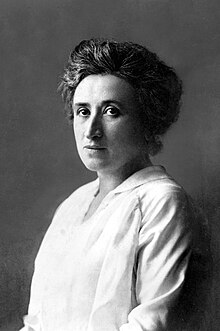- 18 Apr 2012 09:29
#13941405
Sounds like the most bizarre combination ever. I mean I can imagine National Bolshevism or even the Libertarian Nazi Green Party as coherent ideologies but Feminist Fascism really takes the cake as the latter is unremittingly, totally hostile to any expression or variant of equal rights for women.
Rei please explain how the hell you reconcile the two.
Rei please explain how the hell you reconcile the two.
My name refers to the film by Tarkovsky. See Wikipedia link in profile.





























 - By Pants-of-dog
- By Pants-of-dog - By Rancid
- By Rancid